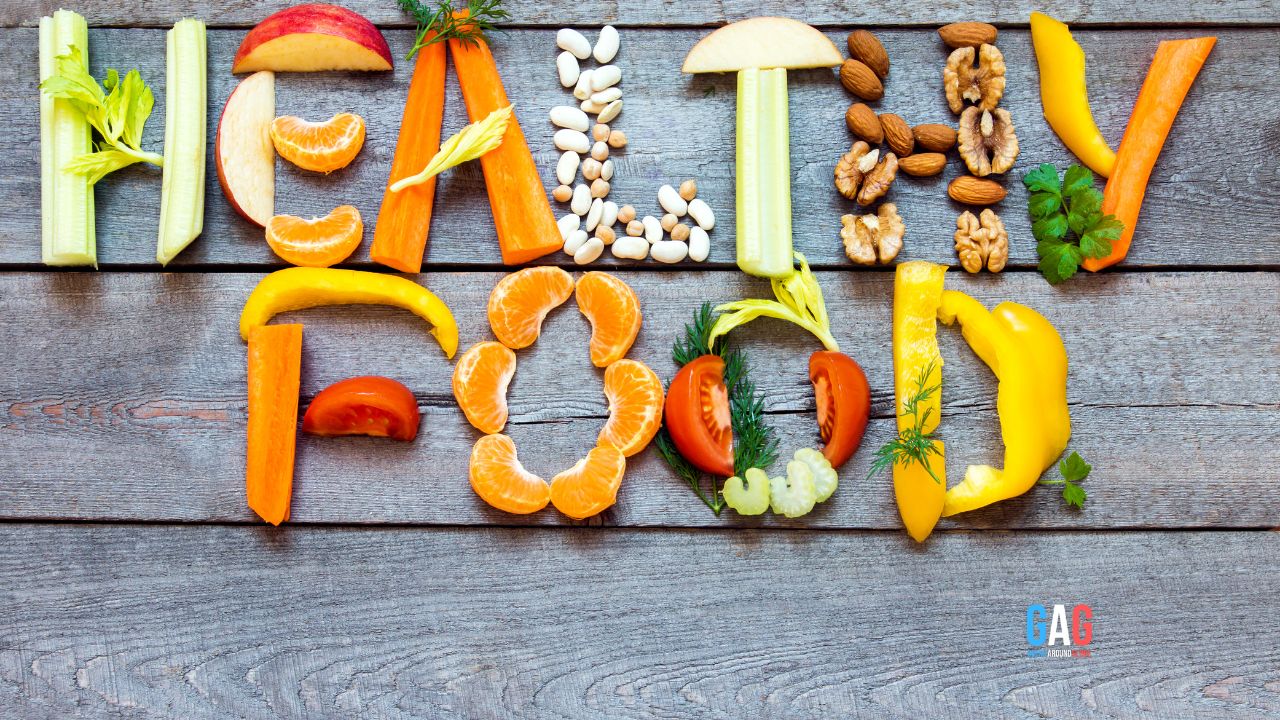What Role Does Food Play in Healthy Aging?
Many people use the saying “you are what you eat” as a joke, but when it comes to aging, there’s some truth to this principle. The decisions you make for meals affect your health right now and in the future, too. Making smart food choices can help you stay healthy in many ways. What types of food are important for aging and how can they help?
The Importance of a Balanced Diet
Every year, another “miracle” diet comes out that promises to help people stay in shape and feel amazing. Unfortunately, many of these extreme diets hurt more than they help — if they work at all.
Cutting whole food groups out of your life isn’t usually a good idea because it can slowly take away nutrients that your body depends on to maintain strong bones, muscles and other body systems. Of course, if your doctor tells you to avoid specific foods because you have a health problem, you should listen. Don’t trust health advice from strangers on YouTube or TikTok, however.
What is a balanced diet? It means regularly including the different food groups in your meals. Whole grains, vegetables, fruits, nuts, healthy fats — such as extra-virgin olive oil — and lean proteins have an important place in your life as you get older. Eating this type of varied diet gives your family a wide range of essential vitamins, minerals, antioxidants and other nutrients.
Gut Health
When you think of taking care of your body as you age, you probably think about obvious systems, such as your eyesight, hearing and bones. You may think about your digestive system, but your gut plays a major role in staying healthy.
Probiotics are a key part of digestive health. You can find these good bacteria in several types of fermented foods, such as yogurt or kombucha. Another simple option is to take a probiotic supplement for your gut. The purpose of probiotics is to maintain your body’s collection of healthy bacteria. When your digestive system has plenty of good microbes, it can maintain the balance of bacteria.
Plenty of Protein
A common misconception is that staying healthy means only eating small portions of fruit and vegetables. While fruits and veggies matter, they’re only part of a balanced diet for aging. You need some protein if you want to have strong muscles — which also support strong bones.
It’s hard to beat the protein content in meat, so don’t be in a hurry to cut all animal products from your diet, unless your decision is based on your personal beliefs or recommendations from your doctor. There are several ways to limit the amount of saturated fat you get and still enjoy rich sources of protein:
- Chicken breast
- Turkey breast
- Fish
- Pork loin
- Beans and lentils
Dairy Myths
Older adults sometimes have trouble with lactose, but your body is unique. You have to see personally how dairy affects you. Milk, yogurt, Greek yogurt and cheese can be great sources of calcium, protein, potassium, vitamin A, vitamin D and other nutrients for your bones and eyes. Of course, if dairy doesn’t sit well with you, there are other options, from calcium supplements to leafy green veggies such as spinach and bok choy.







